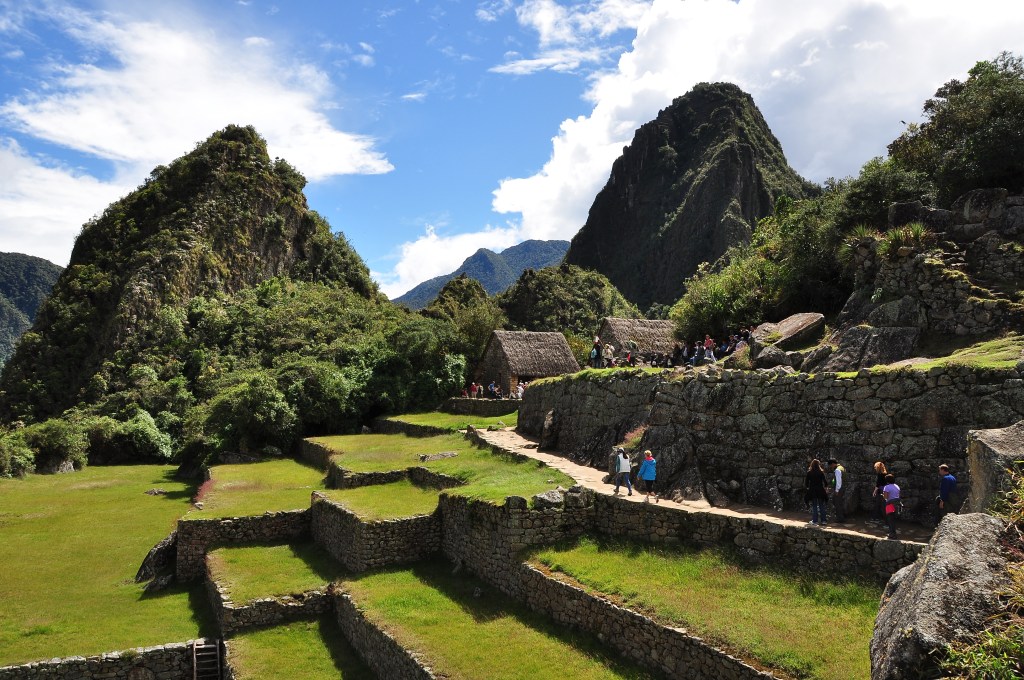Latest Articles
Why Nike and MIT see textiles as material to climate change
The company has hit the ground running with a new set of initiatives seeking sustainable innovations in textiles and materials. Read More
Sustainable Travel CEO: How tourism industry does better
Here's the business case for sustainable travel. Read More
Sustainable Development Goal 12: Ensure sustainable development
As more people demand more resources, the role for business in achieving this goal is "vague" and "woefully unambitious." Read More
Reinventing plastic for the circular economy
Have we hit peak plastic? From toy makers to packaging manufacturers, a look at the future of polymers. Read More
Slashing food waste is key to Sustainable Development Goals
Reducing food loss and waste is an SDG itself, but doing so also will help us achieve all the other big UN goals. Read More
Volkswagen and the dark side of corporate sustainability
Two weeks after being named to the prestigious Dow Jones Sustainability Indices, the auto giant provides a master class in what's wrong with sustainable business. Read More
Cleaning up cleaners with bio-surfactants
Could animal fats and other natural ingredients help detox cleaning substances? Read More
4 lessons from California drought communications campaigns
How to create advertising and marketing messages to change consumer behavior. Read More
Data center giant Equinix sources clean power to cover California
A new contract with SunEdison represents the company's first utility-scale project. Read More
Is this Volkswagen's Deepwater Horizon?
Dirty doings with so-called clean diesels and a "defeat device" could cost VW $18 billion in fines. Read More









